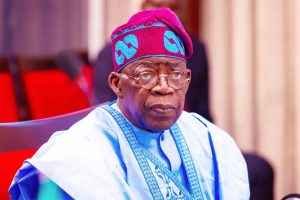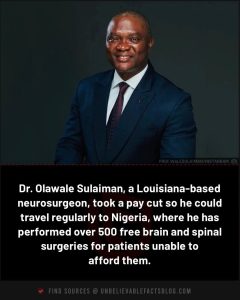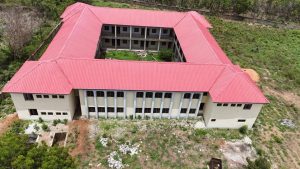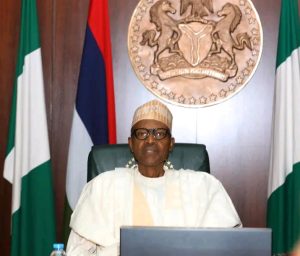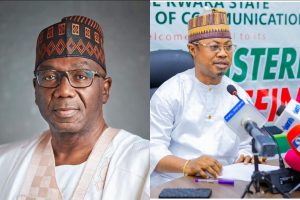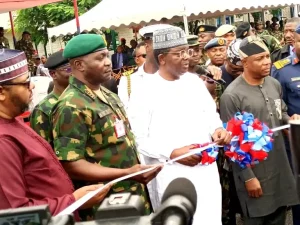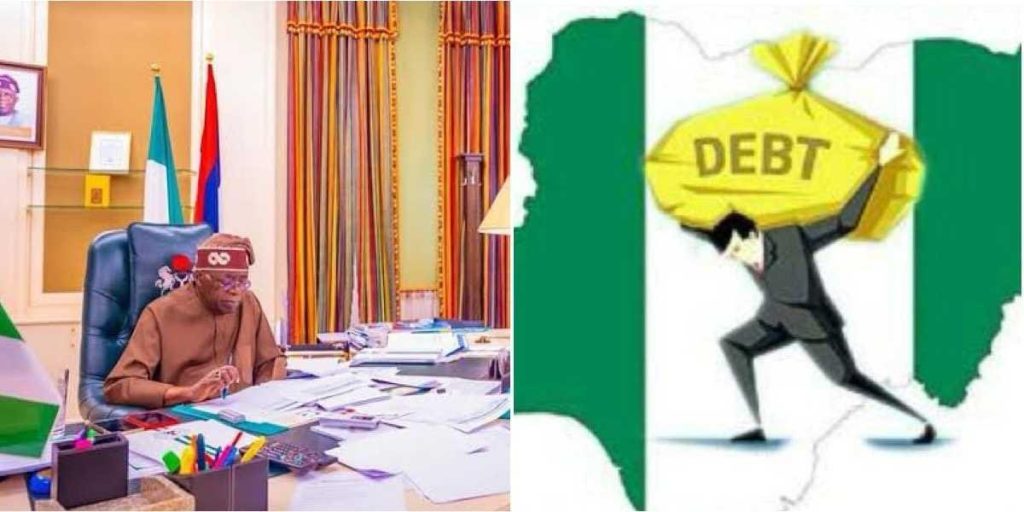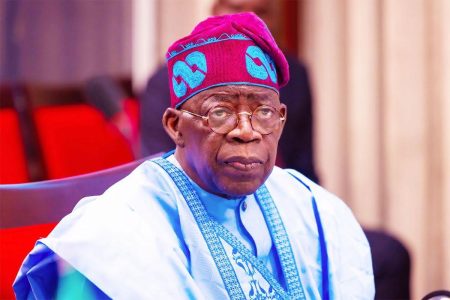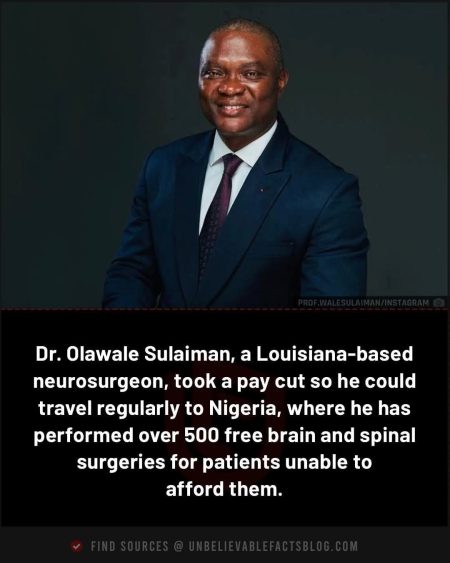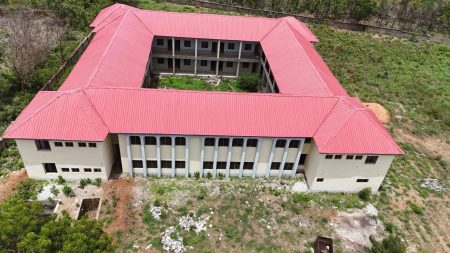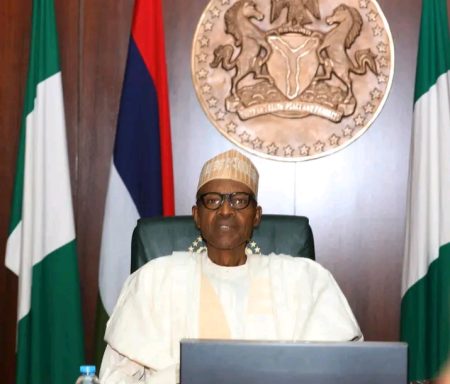The Nigerian Presidency has strongly defended the nation’s borrowing strategy, asserting that taking loans is not a “sin” but rather a necessary and useful tool for economic growth and national development.
At a recent media briefing held in Lagos, presidential aides tackled concerns surrounding Nigeria’s increasing debt profile. They also took the opportunity to highlight the government’s ongoing efforts to stabilize the economy and improve key financial indicators.
The defense comes on the heels of President Bola Tinubu’s request last week for the National Assembly’s approval for new external and domestic loans, totaling a substantial N34.15 trillion.
Responding to questions about the nation’s debt, Mr. Bayo Onanuga, Special Adviser to the President on Information and Strategy, emphasized that the act of borrowing itself isn’t the problem. “It is not a sin to borrow. Even developed nations like the United States and the United Kingdom borrow beyond their GDP. The issue is not borrowing; it’s what you do with the borrowed funds,” Onanuga explained.
He clarified that Nigeria’s national budget is quite small when compared to countries like South Africa, making borrowing frequently necessary to fund essential national development projects. “We are a poor country with a large population. We must stop deceiving ourselves; Nigeria’s budget is smaller than South Africa’s. We have to be realistic about what we can fund without borrowing,” he stated.
Onanuga also highlighted that despite facing significant challenges in the administration’s first year—including inflation, currency instability, and inherited economic problems—significant progress has been achieved. He noted that global financial bodies like the World Bank and IMF have recognized Nigeria’s improved macroeconomic indicators.
“We acknowledge that the first year of this administration was turbulent. We faced serious challenges, including inflation, forex instability, and legacy issues beyond our immediate control,” Onanuga said. “Today, Nigeria’s macroeconomic indicators have improved significantly. This hasn’t gone unnoticed; global institutions like the World Bank and IMF have commended our efforts and direction.”
He presented specific examples of progress: “Nigeria’s All Share Index has more than doubled from 50,000 in 2023 to over 110,000 in 2025. The country’s foreign reserves now stand at $21 billion, up significantly from previous lows.” Furthermore, he pointed out that “Nigeria’s debt servicing has dropped from 97 percent of government revenue to under 60 percent, freeing up fiscal space for investment in social services.”
The Presidency also provided updates on ongoing initiatives, including public-private partnerships and innovative financing models that are supporting crucial projects in roads, housing, and technical education. “We are laying the groundwork for Nigeria’s industrial base through technical education and access to finance,” Onanuga affirmed, adding that “Over 600,000 students have benefited from the student loan scheme under NELFUND, among others.”
Addressing the pressing concern of the rising cost of living, Onanuga assured that the government is taking concrete steps to alleviate economic hardship. These measures include the bulk purchasing of essential medicines, agricultural support aimed at stabilizing food prices, and actively encouraging the use of Compressed Natural Gas (CNG) to reduce fuel costs.
“We fully understand that Nigerians are going through tough times. But the government is not sitting idly. We have rolled out specific interventions to ease the burden—from bulk procurement of essential drugs under the medical pool initiative to direct agricultural support aimed at stabilizing food prices,” he explained. He added that “We have also pushed for adoption of Compressed Natural Gas, CNG, in transportation. Today, some ride-hailing drivers who used to make N10,000 weekly now earn that daily, just from fuel savings.”
He also mentioned a recent six-month waiver on rice import duties, a deliberate move to tackle food scarcity and hoarding. “That move was deliberate to crash food prices and break the cycle of hoarding and artificial scarcity,” he said.
Onanuga concluded with a call for realism: “We need to be honest with ourselves. Nigeria is not as rich as many people think. We are a large country with limited resources and a rapidly growing population. The truth is, we must recalibrate our expectations and manage our ambitions more realistically.”
Supporting this perspective, Mr. Sunday Dare, Special Adviser on Public Communication, emphasized that borrowing plays a vital role in building essential infrastructure like highways, which in turn boost regional economies. “We can’t build highways from Lagos to Calabar or Sokoto to Bida without borrowing. Projects like these wake up entire regions economically. The real problem isn’t debt—it’s waste. With proper utilization, borrowing is a tool for national transformation,” Dare asserted.


